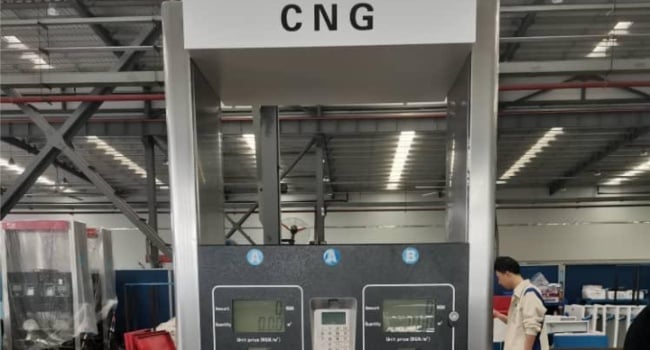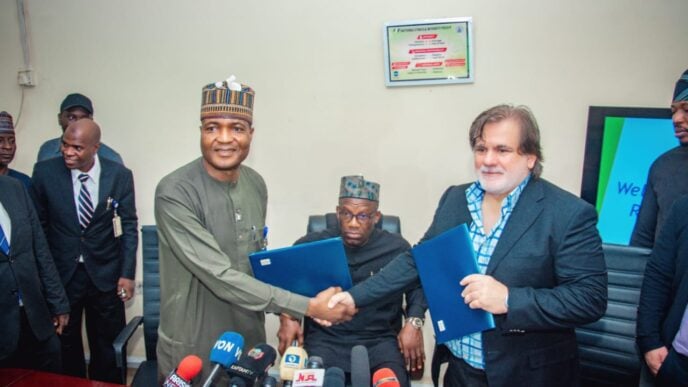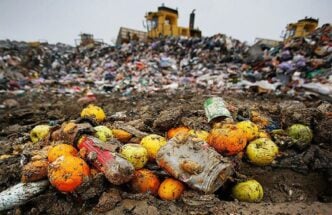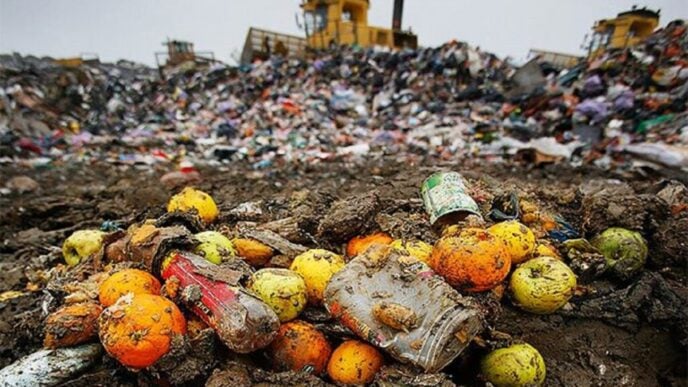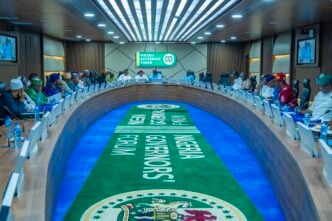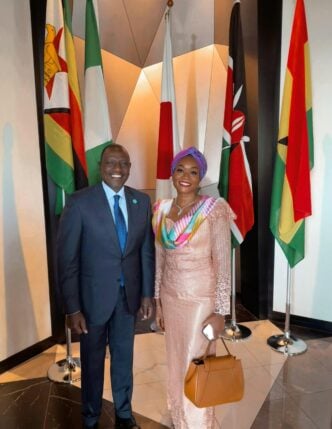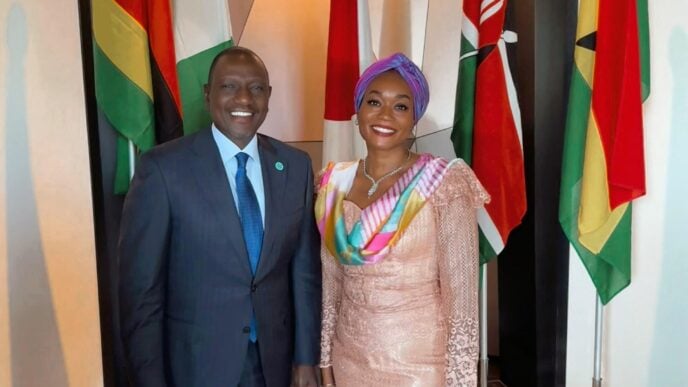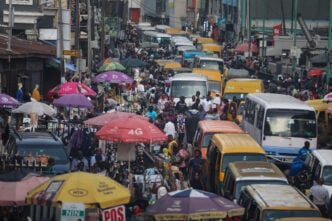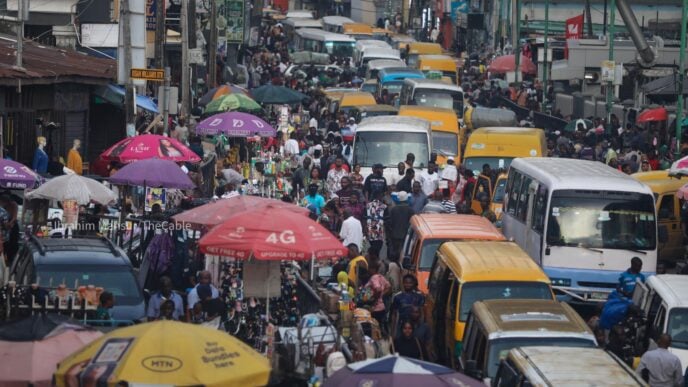Nigeria’s energy future is tied closely to gas. With one of the world’s largest reserves, over 200 trillion cubic feet, natural gas holds the promise of powering industries, lowering household energy costs, and enabling the shift to cleaner fuels. Yet for decades, the lack of adequate infrastructure has left this resource underutilised. Processing plants remain few, storage and distribution networks are thin, and refuelling stations are sparse. The consequence has been heavy reliance on imported petroleum products, rising costs for businesses and homes, and a stalled transition to sustainable energy.
Today, a quiet transformation is underway. The Midstream and Downstream Gas Infrastructure Fund (MDGIF), established to close the critical infrastructure gap, is reshaping how Nigerians access and use gas. By directly supporting private sector-led projects, the fund is accelerating the rollout of compressed natural gas (CNG), liquefied natural gas (LNG), and liquefied petroleum gas (LPG) facilities.
Since President Bola Tinubu appointed its governing council in January 2024, with the minister of state for petroleum resources (gas) as chairman and Oluwole Adama as executive director, MDGIF has moved quickly to align with Nigeria’s energy transition agenda. The focus is clear: build the infrastructure that will make gas affordable, available, and accessible.
Sixteen companies have already received support. Projects range from university-based CNG stations to large-scale LNG terminals and mini-processing plants in states such as Lagos, Delta, Osun, and Akwa Ibom. Each scheme is designed not just to deliver energy but to catalyse wider economic activity, from transport and manufacturing to agriculture and small business growth.
Advertisement
The results are beginning to show. In five universities across Nigeria, students and staff are already refuelling vehicles with CNG instead of petrol, thanks to FEMADEC Energy Limited’s ongoing project to build 20 stations nationwide. In Lagos, Asiko Energy Holdings is constructing a terminal capable of storing 13,200 MT of LNG and 5,000 MT of LPG/propane — capacity that will expand access to cleaner fuels for millions.
Elsewhere, in Oghara, Delta state, Topline Limited is building a mini-LNG plant to process natural gas for households and industries, scheduled for completion in 2025. Ibile Oil and Gas Corporation is advancing rapidly on its plan to deliver 15 CNG stations across Lagos, while Rolling Energy Limited and Nsik Oil and Gas are pressing forward with multiple refuelling facilities across northern Nigeria. Together, these projects represent a fundamental shift in the country’s energy infrastructure landscape.
Gas infrastructure projects are notoriously complex. What the public sees, bulldozers, storage tanks, pipelines, is just the visible end of years of planning, financing, and coordination. Each stage, design, regulatory approval, engineering, procurement, and construction requires precision and patience. This explains why large-scale energy facilities traditionally take years before delivering benefits.
Advertisement
But MDGIF has shown an unusual ability to shorten timelines. Some of its projects launched in late 2024 are already operational, while others are on track for delivery in 2025 and 2026. This speed reflects a deliberate strategy: mobilise finance early, enforce accountability, and keep projects aligned with national priorities.
The fund’s impact is not just technical; it is socioeconomic. Affordable gas is already lowering transport costs, especially where CNG buses are replacing petrol-fuelled alternatives. Industries are beginning to see the potential of LNG as a reliable energy source, reducing dependence on costly diesel. At the same time, jobs are being created across the value chain — from construction workers and engineers to service providers and maintenance staff.
More importantly, by substituting gas for imported fuels, Nigeria is strengthening its energy security. Every refuelling station built, every mini-plant commissioned, and every terminal completed reduces the pressure of foreign exchange outflows and reinforces national resilience.
Adama, executive director of MDGIF, frames the mission simply: “Our mandate is to turn potentials into prosperity. We are focused on delivering high-quality gas infrastructure that supports cleaner energy use, drives industrial growth and improves livelihoods.”
Advertisement
That vision is steadily coming to life. With transparent project monitoring, active partner engagement, and rigorous oversight, MDGIF is ensuring that each project delivers measurable value. The approach is pragmatic: invest strategically, monitor diligently, and scale progressively.
Nigeria’s energy transition is not only about reducing carbon emissions; it is also about building an economy that works for its people. Gas, as the most abundant and relatively cleaner fossil fuel available, offers a bridge between the present and a renewable-powered future. The MDGIF’s interventions are laying the physical foundation for that bridge.
From the campuses of Nigerian universities to industrial hubs in Lagos and energy corridors in the north, the footprint of MDGIF-backed projects is spreading. Each new commissioning signals not just infrastructure delivery but also progress toward a more affordable, secure, and sustainable energy future.
In a sector long plagued by stalled projects and unmet promises, the MDGIF stands out as a catalyst for delivery. Its work demonstrates that with clear vision, disciplined execution, and strategic partnerships, Nigeria can unlock the full value of its natural gas wealth.
Advertisement
Gas is Nigeria’s transition fuel, and through MDGIF, the country is finally beginning to build the infrastructure that makes that promise real.
Ameh Okpanachi is a public policy analyst. He writes from Abuja
Advertisement
Views expressed by contributors are strictly personal and not of TheCable.
